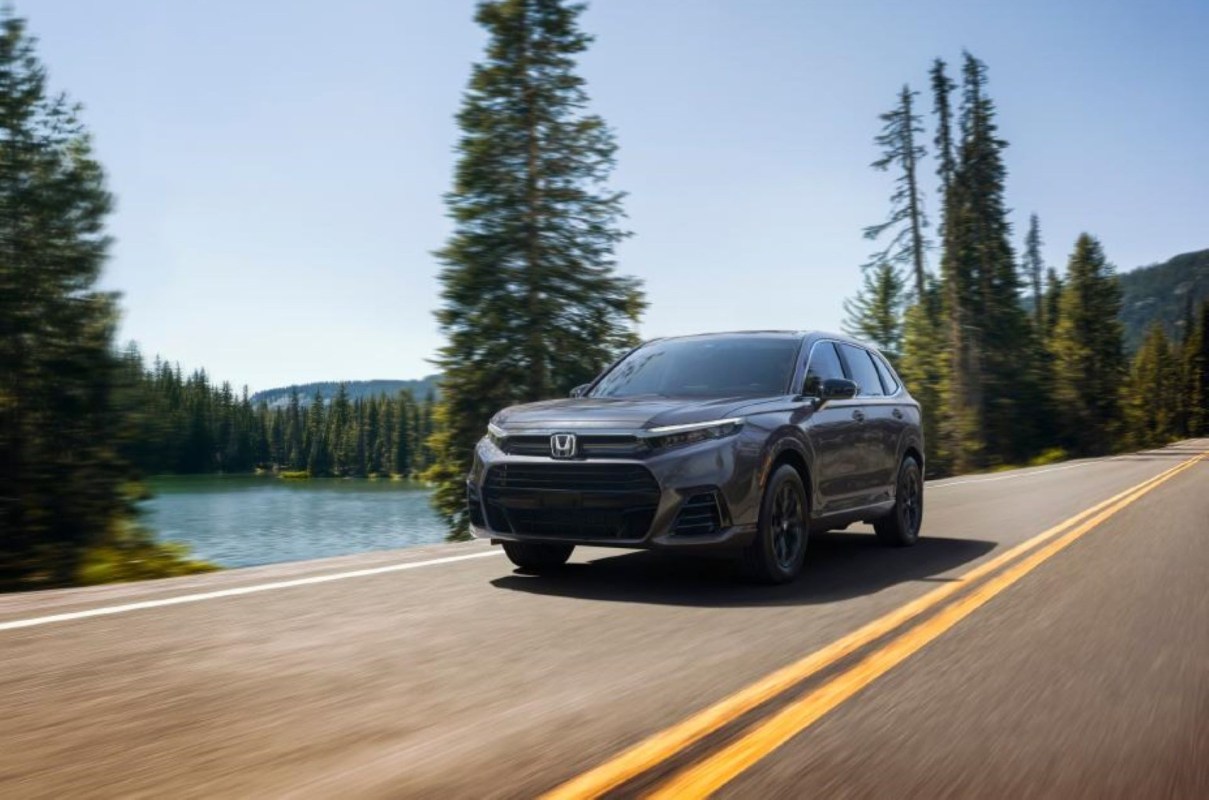Japanese automaker Honda recently announced the first hydrogen fuel cell-electric battery hybrid vehicle in the United States. The catchily named Honda CR-V e:FCEV will be available exclusively as a lease in California to start.
Hydrogen-powered vehicles, commonly known as fuel cell electric vehicles, or FCEVs, have yet to catch on as a mainstream product in large part due to the lack of charging infrastructure that exists around them.
However, if FCEVs begin to gain some traction, they could make an enormous difference in terms of the health of our planet. According to the U.S. Department of Energy's Alternative Fuel Data Center, FCEVs can be charged in only five minutes, providing 300 miles of range. The best part is they don't produce air pollution like traditional gas-powered vehicles — they emit nothing but water.
However, that doesn't tell the whole story when it comes to the environmental impact of hydrogen-powered cars. The majority of hydrogen fuel is created by steam reforming natural gas, which is mostly methane and one of the major contributors to the overheating of our planet. So, like battery electric vehicles, FCEVs are not perfect or completely planet-friendly.
In order to appeal to consumers who may have some reservations about adopting this relatively new technology, Honda is going with the classic automaker strategy of hybridization — but with a newfangled twist.
While traditional hybrid vehicles combine an electric battery with a gas-powered engine in order to alleviate drivers' range anxiety about being stranded without a charge, the Honda CR-V e:FCEV combines an electric battery with a hydrogen fuel cell in order to alleviate drivers' range anxiety about being stranded without a hydrogen station (of which there are currently few).
As Car and Driver put it: "How the tables have turned."
Honda has announced plans to produce only around 300 CR-V e:FCEVs per year, although those plans could change depending on public interest and adoption rates. The company has yet to announce a price.
Join our free newsletter for weekly updates on the coolest innovations improving our lives and saving our planet.









